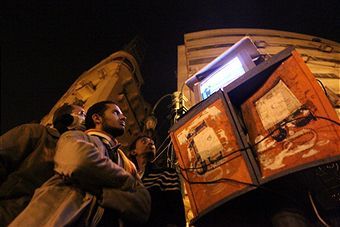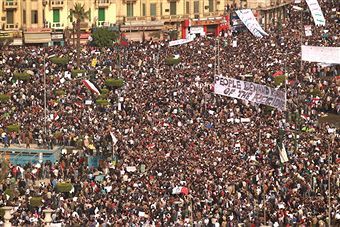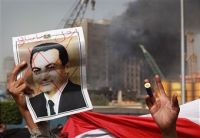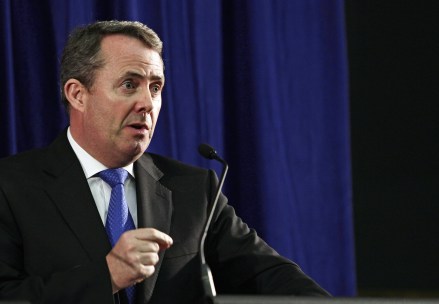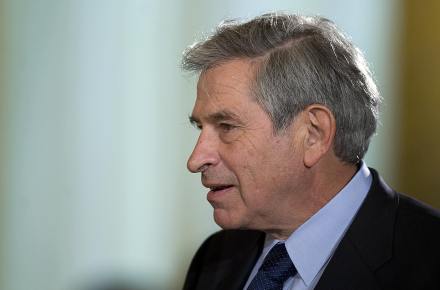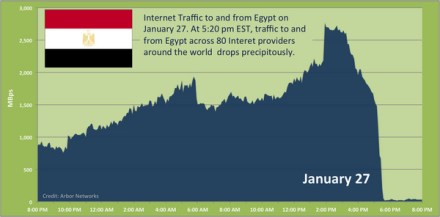What’s Politically Correct About Opposing Hosni Mubarak?
I don’t have much sympathy for a regime that unleashes its own goons against peaceful protestors in an attempt to foment chaos as part of a strategy designed, one imagines, to leave the “silent majority” craving something, anything that restores order and “stability” to Egyptian society. But it seems that’s just another example of political correctness run amok. According to some, anyway. Such as our old friend Con Coughlin. Con, typically, takes a robust view of the Egyptian uprising: At the risk of provoking the wrath of the politically correct lobby that wants to see wholesale reform of the Middle East, I am starting to feel rather sorry for Hosni


